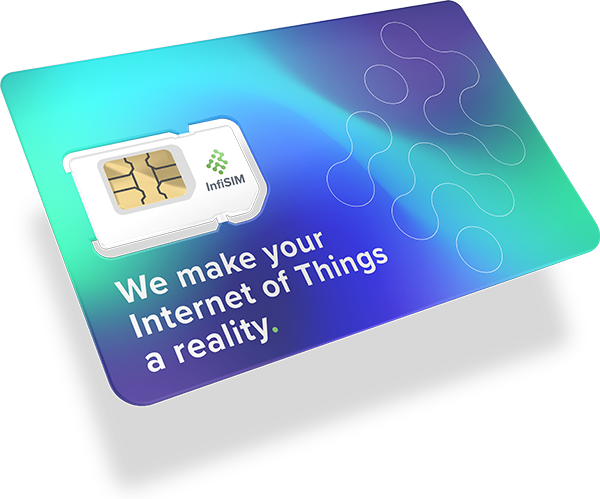IoT technology is enhancing operational & environmental efficiency.
IoT in waste management
IoT: Transforming waste management
The integration of the Internet of Things (IoT) to create smart waste management systems signifies a revolutionary shift in how societies handle waste. As urban populations continue to grow and environmental concerns mount, efficient waste management becomes a logistical necessity and a crucial aspect of sustainable living. IoT, with its network of interconnected devices and sensors, offers innovative solutions to these challenges.
IoT in waste management involves using advanced technologies to monitor, analyse, and optimise waste collection and processing. This smart approach streamlines operations and contributes significantly to reducing environmental impact. The application of IoT in this domain is particularly relevant given the increasing complexity of waste management in densely populated areas and the growing emphasis on recycling and resource recovery.
Applications of IoT in municipal waste management
IoT applications are helping cities make significant strides when it comes to how they handle their municipal waste. Advanced technologies are being deployed to create smarter, more efficient systems that benefit urban management and contribute positively to environmental sustainability.
Retail waste management & recycling with IoT
The integration of IoT technologies into retail waste management and recycling is transforming the retail sector by bringing unprecedented efficiency and sustainability. Here’s how IoT is making a difference:
How is IoT waste management impacting environmental sustainability?
The integration of IoT in waste management plays a pivotal role in enhancing environmental sustainability.
Future trends & developments in IoT for waste management
The future of IoT in waste management is poised for significant advancements, promising a more efficient and sustainable approach:
Conclusion
The integration of IoT into waste management heralds a new era of efficiency, sustainability, and innovation. By harnessing the power of IoT, we can transform the traditionally labour-intensive and environmentally taxing task of waste management into a smart, data-driven process.
The applications of IoT in this field, ranging from smart bin sensors to sophisticated data analytics, are not only improving operational efficiencies, they’re making significant contributions towards environmental protection. As we look to the future, the continued evolution of IoT technologies promises to enhance these capabilities further, leading to smarter, cleaner, and more sustainable cities.
The journey of integrating IoT into waste management is an exemplary model of how technology can be leveraged for the greater good of society and the planet.
Why use InfiSIM for your IoT SIMs?
InfiSIM are one of the most reputable IoT SIM card providers with hundreds of thousands of SIMs deployed globally. We have UK-based support and fantastic reviews, so you can be sure that your business is in safe hands.






